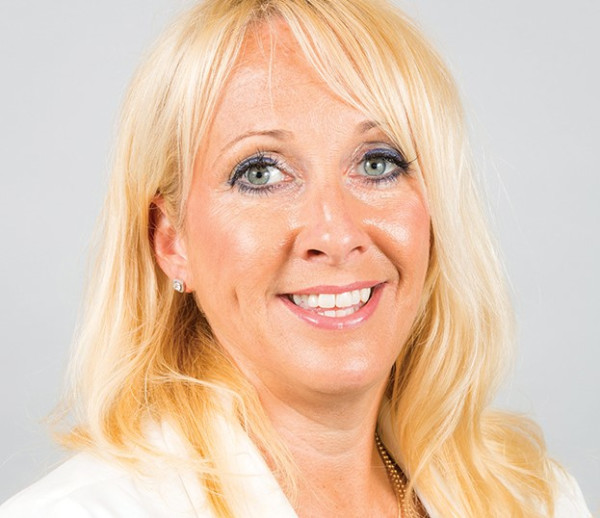

Toni Smith, who became chief operating officer at Primis Mortgage Network in January 2018, has worked in the market for 32 years across a number of adviser-facing and adviser-supporting roles.
She prides herself on knowing the complexities of the intermediary market, how it works and what it needs, and recognises the importance of communicating the need for financial advice and planning to the wider public.
This is why she is passionate about broker services and their delivery, which results in safe advice, and ultimately value for the end client, she says.
She explains: “As a mortgage network you have to be completely and utterly active and on the radar in terms of what is going on in the advice market.
“You have to react quickly to ensure that your network provides intermediaries with not only what they need to survive, but also [what they need] to grow and develop.”
With the acquisition of Personal Touch Financial Services in February, Primis now has around 2,300 advisers within its network.
As part of the acquisition of PTFS, Primis bought its operating software system Toolbox.
Primis – which is owned by LSL Property Services – is an amalgamation of the First Complete and Pink networks, which merged and rebranded to Primis at the start of 2018.
The rebrand resulted in Ms Smith being appointed to chief operating officer – a natural extension of her previous role as business operations director of Pink and First Complete.
Indeed, her role within the business has changed and developed, just as the business itself has grown.
She says: “One of the reasons I am still here and loving what I am doing is because I genuinely and completely admire and respect what the mortgage broker does.”
She adds: “It is a very underrated role in society.”
Improving access to protection
Last year, Primis represented more than 10 per cent of the mortgage market in the UK; that means more than 10 per cent of lending came through a Primis or LSL financial distributor.
“But more importantly, one-in-six protection cases came through us,” says Ms Smith.
“So that is something that we are hugely proud of and we are not going to stop our quest in that.”
According to Ms Smith, selling mortgages and insurance has been given a bad name, despite the fact that both enable families to have their dream home.
She says: “Consumers at large do not understand the skill and the value that those individuals bring.”
Therefore, Ms Smith says she aims to “champion the mortgage broker so that they are respected by the market at large”.
She continues: “I do not think the majority of the public understand that there are different lenders and fee-charging structures out there.
“It is a bit of a minefield, but I am very proud of the way in which Primis brokers conduct themselves – and are required to conduct themselves – in terms of fee-charging and protecting their clients.”
Improving consumer access to protection
She suggests that while it is unethical to remind a client of the likelihood of something happening to them when taking out a policy, not having a conversation about the importance of some kind of protection could be just as bad.
“Of course, not everyone needs it; some people already have huge protections through their employers or have something else in place.”
Regulation needs to step up
Ms Smith says she wishes regulation would say more about protecting the customer “because we are a hugely under-protected society”.
Change is needed so that families are not left “destitute when something horrible happens”, by ensuring that “if you are putting a family into debt, should one of the people whose name is on the mortgage get a critical illness, suffer a stroke or become unemployed, there should be more focus on ensuring they can remain in their house and be protected”.
But she admits a shift to increased consumer protection can only happen in tandem with protection becoming a lifestyle choice, and not just a product.
She says: “I find it frustrating when people insure their Sky dishes, mobile phones etc, but not their children, spouses or partners.”
She continues: “Life insurance, income protection, critical illness, serious illness benefit – all of these things are such a critical part of society and I wish the regulator would focus more on this.”
She also says that if mortgage brokers or advisers have the customer at the heart of what they are doing, then they should have nothing to be afraid of when it comes to regulation.
She says: “This is why we are not worried about the changing regulatory landscape too much – it is usually things you should already be doing."
She continues: “I do not think any of us mind those changes and while they can be a pain – because it means upheaval, diverting resources, changes, compulsory training and all of those good things – if the end consumer is going to be better protected then it can only be a good thing.”
Victoria Ticha is a features writer at FTAdviser.com and Financial Adviser



